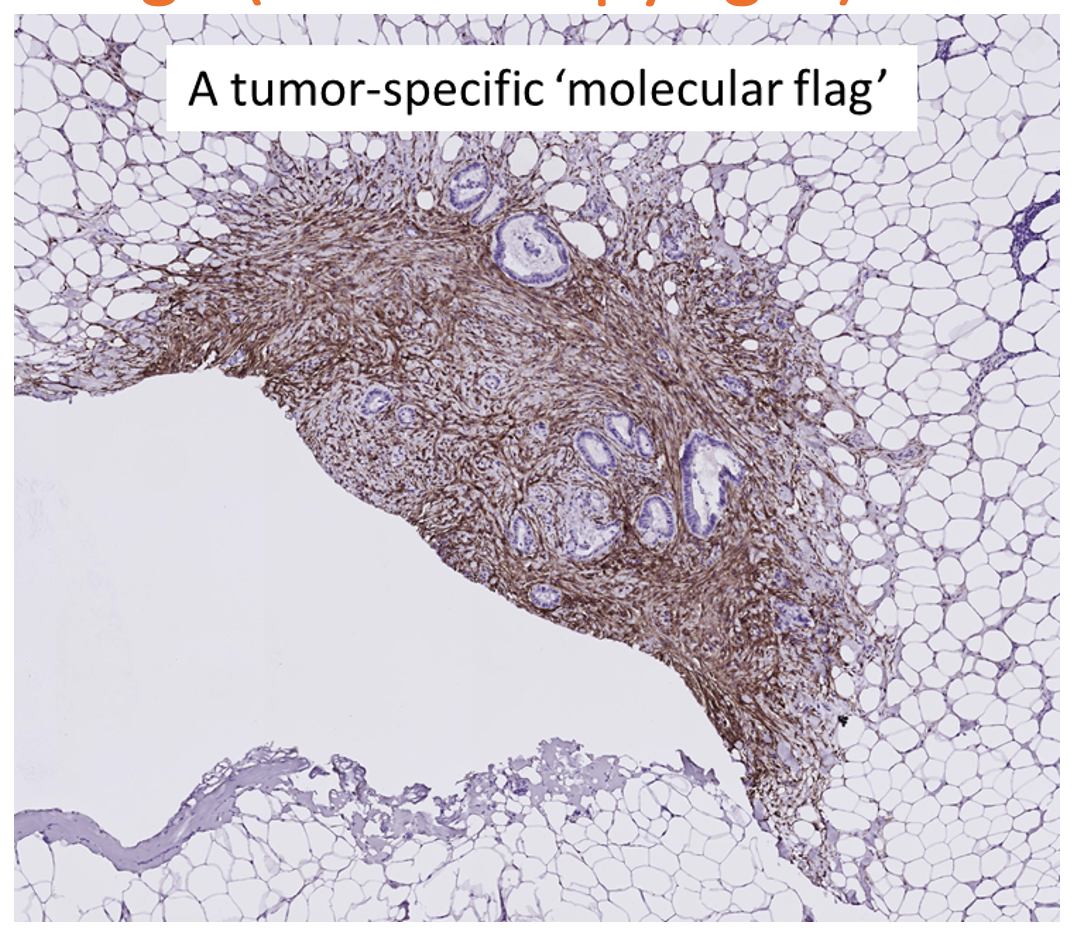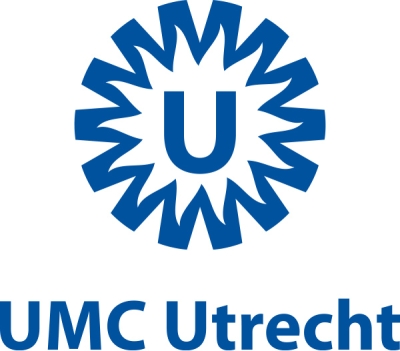Combined visualization and treatment of aggressive colon cancer
The public summary consists of 250 to max. 300 words.
Colon cancer is devastating disease. In the Netherlands alone, 15.000 people are diagnosed with colon cancer each year, and 5.000 people die because of it. The most aggressive subtype is difficult to detect and treat by conventional imaging and therapy. We studied the biology of aggressive colon cancer and identified ‘molecular flags’ that are displayed on the surface of aggressive colon tumors. BiOrion is a company that has developed small molecules (‘tracers’) with very high affinity for one such molecular flag, called PDGFRB. UMC Utrecht and BiOrion have collectively developed a ‘search-and-destroy’ strategy in which PDGFRB-binding tracers are used to improve the detection and treatment of aggressive colon cancer. Indeed, in this project we provide evidence that 2 of BiOrion’s tracers can visualize PDGFRB-positive colon tumors in mice. In addition, we show that a novel tracer binding to another molecular flag (called FAP) identified aggressive colon tumors in cancer patients that were missed using prior conventional imaging. In this project, we developed 2 strategies to improve the detection of aggressive colon cancer. This will help identify patients with such tumors and determine the extent of disease and metastasis formation, which is essential for selecting the optimal treatment strategy. Moreover, the same identified tracers can (in follow-up projects) be coupled to radioactive isotopes. Such radioactive tracers, when injected into patients, search the tumors, and irradiate them from within. This project has set the stage for further developing this search-and-destroy strategy for improving the treatment of aggressive colon cancer.



